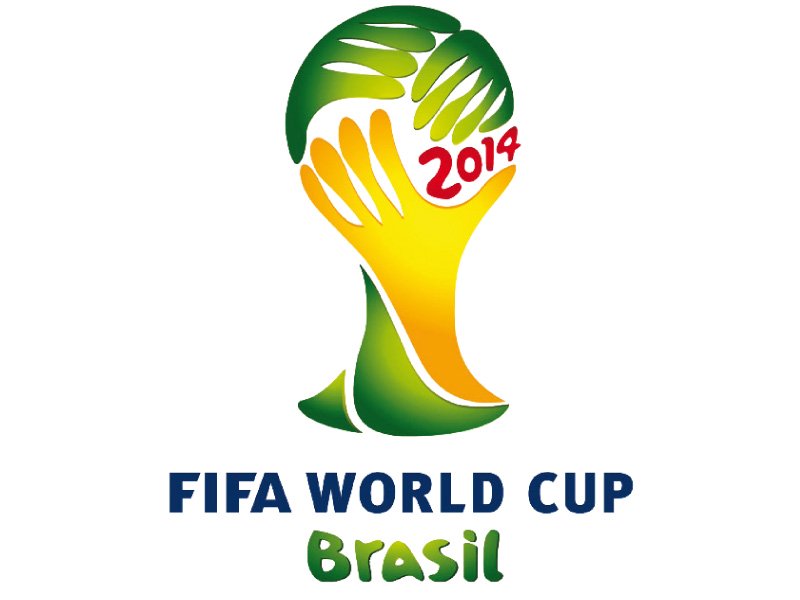
Strange as it may sound, 16 of the 32 teams at the World Cup have players who share a birthday – though mathematicians are far less surprised than the rest.
Statisticians have known for some time there is a slightly more than 50% chance that in any group of 23 people, two of them will have the same birthday.
While it appears to defy logic, the ‘Birthday Paradox’ stacks up. And delightfully, the World Cup – with its 32 teams of 23-man squads – proves it exactly.
“It might look far-fetched,” said Japan-based mathematician Peter Frankl. “Mathematics deals in the counter-intuitive on a daily basis.
“When people make millions on the stock exchange or try to predict the future, you are talking about the theory of probability.”
However improbable it sounds, precisely half the competing teams have at least one shared special day, and five have two pairs of birthdays.
No coincidence, explained Frankl.
“It is hard to convince people but it’s almost always exact,” said the Hungarian. “Actually with 32 teams and 23 people, 50% is less than the expected result, mathematically speaking.”
Frankl says one need only think back to school when many people would have shared a birthday with a classmate – the probability of two schoolchildren in a class of 30 sharing a birthday being 70 percent.
“With 41 people in the classroom, the chances are 90 percent,” he said.
The mathematical principle holds true at the World Cup where half the sides, including Brazil and holders Spain, have at least one pair of birthday boys.
Argentina, France, South Korea, Switzerland and Iran have two.
Some teammates will celebrate joint birthdays at the World Cup, although champagne and cake are likely to be banned.
Published in The Express Tribune, June 17th, 2014.
Like Sports on Facebook, follow @ETribuneSports on Twitter to stay informed and join in the conversation.
1731570357-0/elon-musk-(1)1731570357-0-405x300.webp)
-(1)1717678110-0/Kendrick-(1)-(1)1717678110-0-165x106.webp)




1732440898-0/Express-Tribune-(2)1732440898-0-270x192.webp)

1732458410-0/Untitled-design-(65)1732458410-0-270x192.webp)








COMMENTS
Comments are moderated and generally will be posted if they are on-topic and not abusive.
For more information, please see our Comments FAQ